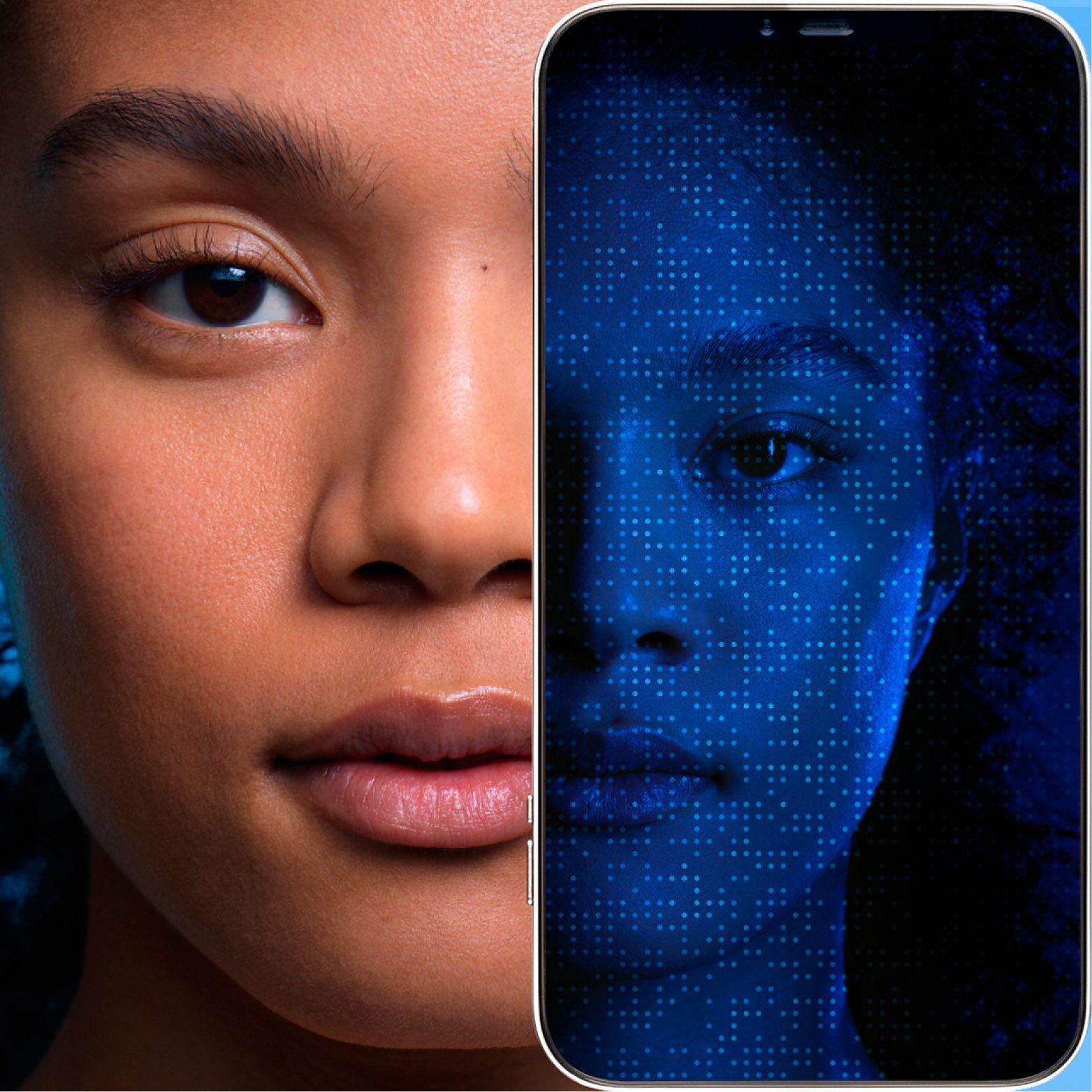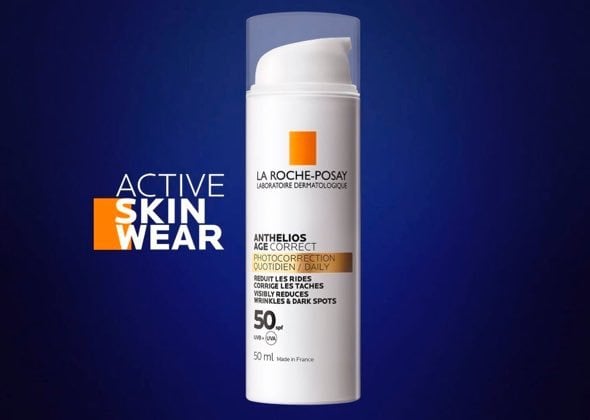What is the best sunscreen for sensitive skin?
Some sunscreens can cause unpleasant stinging sensations on sensitive skin. Opt for broad-spectrum UVA-UVB protection that is tested on the most sensitive skin, such as the ANTHELIOS range from the sensitive skin specialist brand La Roche-Posay. All ANTHELIOS products integrate naturally anti-inflammatory and anti-oxidant La Roche-Posay Thermal Spring Water to soothe sensitive skin.
Learn more








